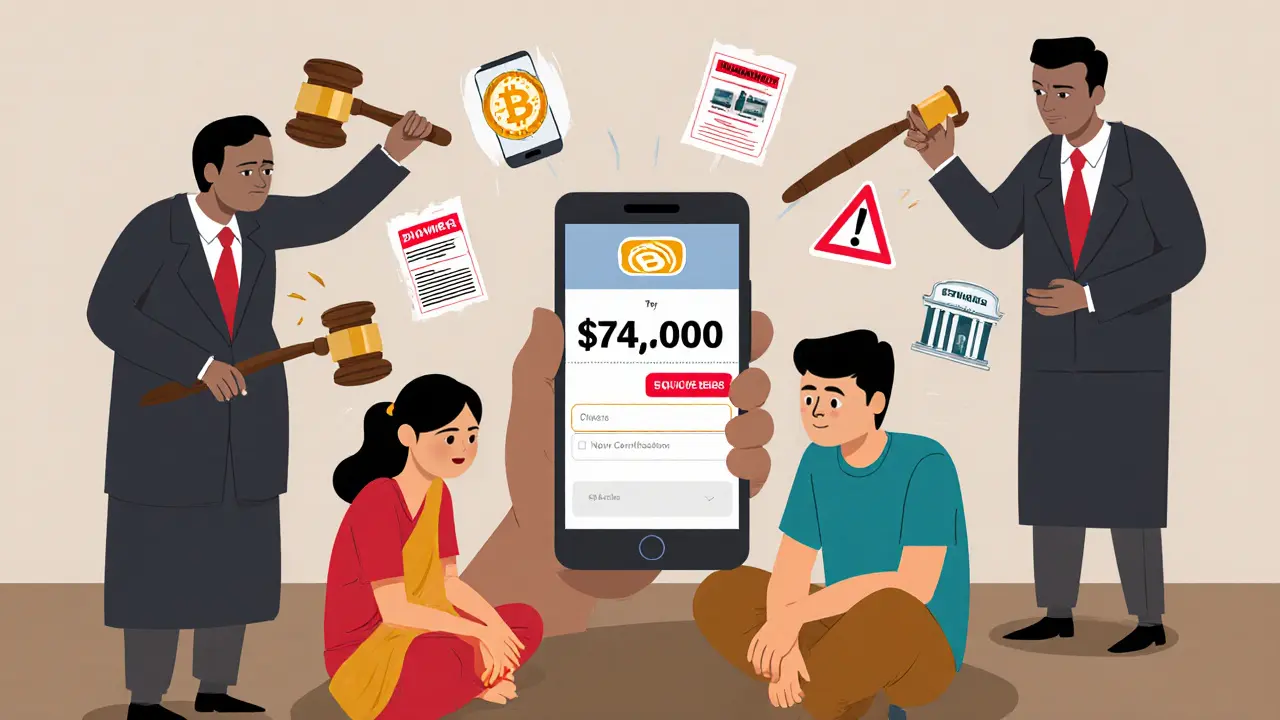Nepal Rastra Bank crypto: What Really Happens When a Central Bank Blocks Crypto
When the Nepal Rastra Bank, the central bank of Nepal that controls monetary policy and regulates financial institutions. Also known as Nepal’s monetary authority, it declared cryptocurrency illegal in 2017, it wasn’t just a policy—it was a war on financial freedom. The bank claimed crypto was a threat to national security, foreign exchange reserves, and the banking system. But here’s the truth: the ban didn’t stop crypto. It just pushed it underground. Today, thousands of Nepalis trade Bitcoin, USDT, and other tokens through P2P platforms, mobile wallets, and cash deals—despite the risk of fines or jail.
What the Nepal Rastra Bank didn’t account for is how deeply crypto solves real problems. In a country where remittances make up 25% of GDP, and traditional banks charge high fees and take days to process transfers, crypto offers instant, low-cost payments from the Gulf, Malaysia, and beyond. It’s not about speculation—it’s survival. People use crypto to pay for education, medical bills, and family support. And while the bank warns of fraud and money laundering, the real fraud is the system that leaves ordinary people with no legal way to send or save their own money. This isn’t unique to Nepal. It’s the same story in Pakistan, a country where 20-27 million people use crypto to escape inflation and banking restrictions. It’s also why Cuba, a nation under U.S. sanctions with limited banking access turned to Bitcoin as a lifeline. The pattern is clear: when governments block access, people find a way.
What you’ll find in this collection isn’t just news about Nepal’s crypto ban. It’s a deeper look at how people outsmart restrictive systems. You’ll read about how India, a country that taxes crypto but doesn’t ban it lets users trade legally on regulated platforms. You’ll see how Thailand, a country offering a 5-year crypto tax exemption created a legal path while others tried to shut it down. And you’ll learn why platforms like PancakeSwap V3 (Base), a decentralized exchange with zero fees on Coinbase’s blockchain and Verse, a censorship-resistant DEX by Bitcoin.com are becoming the tools of choice—not because they’re flashy, but because they don’t need permission to work. These aren’t theoretical ideas. They’re real, working alternatives built by people who refused to wait for approval.
There’s no magic fix for a crypto ban. But there are real stories, real strategies, and real users who’ve already figured it out. What follows isn’t a list of headlines—it’s a field guide to surviving—and thriving—when the system says no.
Nepal's 3-Year Prison Sentence for Large Crypto Transactions: What You Need to Know
Nepal imposes a mandatory three-year prison sentence for cryptocurrency transactions over 10 million NPR. This article explains how the law works, who it targets, why it’s controversial, and what happens if you’re caught.
Details +